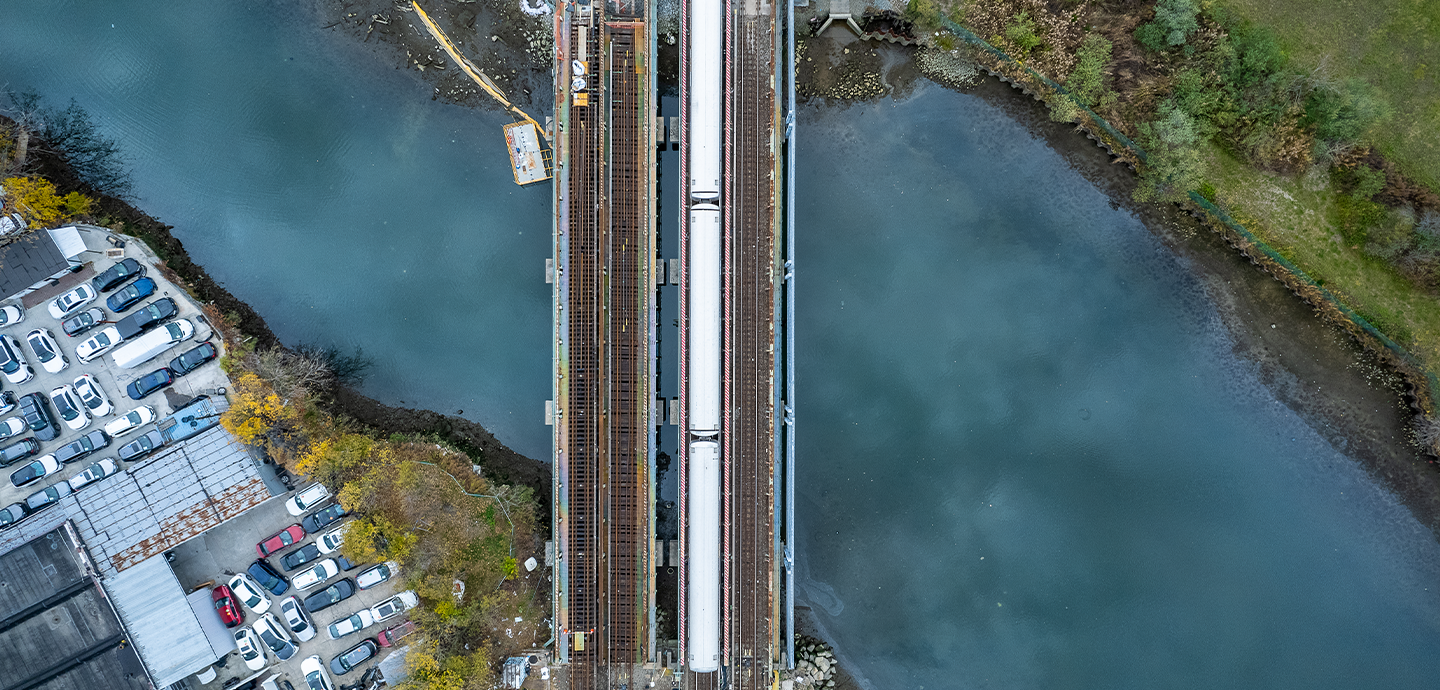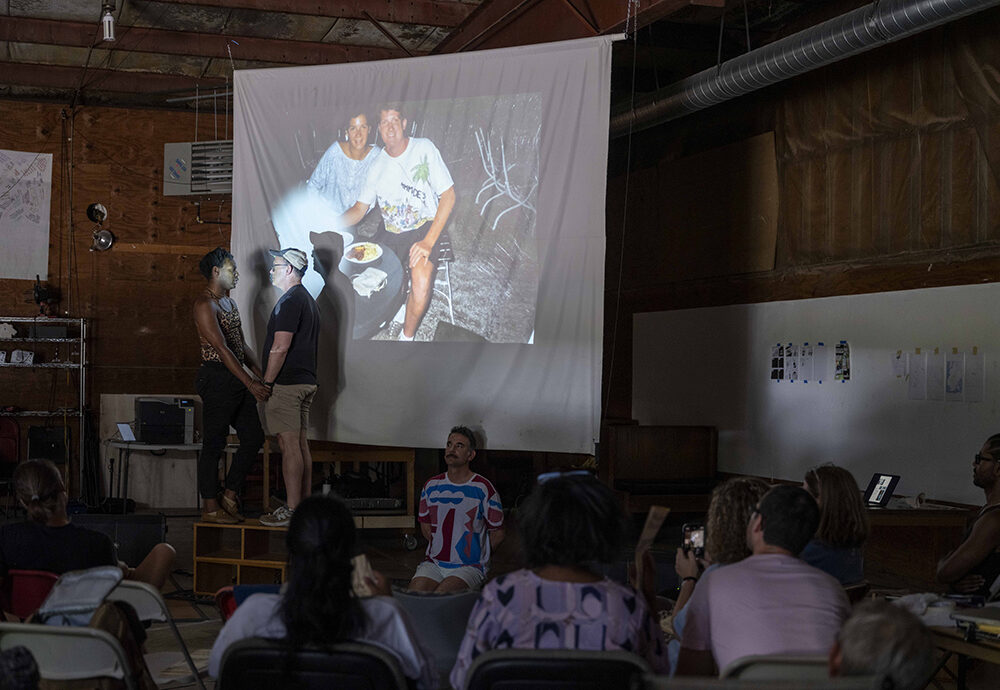Symposium
Location
Contact
Mui Ho Center for Cities
Overview
On April 24, 2025, the Cornell Mui Ho Center for Cities will host an in-person symposium on Climate Resilience in New York City. The one-day event will focus on what actions can be taken to mitigate risk to people, the built environment, and infrastructure systems from extreme weather events.
The urban built environment is typically designed to last 100+ years. What happens when the ways that people live, move, and work do not match new climate realities? How can we adapt infrastructure systems and the urban built environment? How do we support social networks that have the potential to protect New Yorkers?
The symposium will bring together scientists, public officials, civil society representatives, industry leaders, practicing architects, planners, and urban designers to address the following questions: What are the most innovative and impactful solutions? What actions are needed in the short, medium, and long term? How do we overcome the political and economic barriers to climate adaptation?
We hope you will join us. Let’s work together to set the direction for future climate action in New York City.
Schedule
- 8–9 a.m. | Check-in and Breakfast
- 9–9:30 a.m. | Opening
- J. Meejin Yoon, Gale and Ira Drukier Dean, College of Architecture, Art, and Planning, Cornell University
- Victoria A. Beard, Director, Cornell Mui Ho Center for Cities; Professor, City and Regional Planning, Cornell University
- Suzanne Lanyi Charles, Associate Professor, Paul Rubacha Department of Real Estate and the Department of City and Regional Planning, Cornell University
- 9:30–10:30 a.m. | The Science of Urban Climate Change in New York City
- Keynote Speaker: Radley M. Horton, Professor of Climate, Columbia Climate School, Columbia University
- Abstract: New York City faces a future of increasingly frequent and severe climate hazards. Effective adaptation requires a robust evidence base, and since 2009, the New York City Panel on Climate Change (NPCC) has sought to provide it, regularly publishing assessment reports that synthesize new scientific research and analysis on climate change and advising policymakers on local resiliency and adaptation strategies to protect against rising temperatures, increased flooding, and drought. Yet there is inherent uncertainty in all data and projections, and conditions vary greatly across the city and beyond. This poses challenges for urban practitioners, who need to make decisions and investments that put the city on policy and planning trajectories that are difficult to alter. In this keynote, Horton, coauthor of multiple NPCC reports, will address this science-to-action challenge, discussing how the understanding of emerging climate science and climate impacts can dynamically interact with innovations as well as policy and programmatic responses in the climate solutions space.
- 10:30–11:30 a.m. | Panel 1: Flooding
- Moderator: Timon McPhearson, Professor of Urban Ecology; Director of the Urban Systems Lab, The New School
- Bridget Carle, Senior Vice President, Guy Carpenter
- Alan Cohn, Senior Policy & Science Advisor, NYC DEP; Staff Chair, Water Utility Climate Alliance
- Jeanne DuPont, Founder and Executive Director, RISE
- Andrew Rumbach, Senior Fellow, the Urban Institute
- Andrea Silverman, Professor of Civil and Urban Engineering New York University, FloodNet
- Abstract: Many of the world’s largest and most influential cities are built on the coast. It is estimated that more than 10% of the global population live in urban or quasi-urban clusters less than 10 meters above sea level. As the effects of climate change worsen, coastal cities such as New York will face increasingly severe flood risks due to sea-level rise, storm surges, and more extreme precipitation events. The experts on this panel will discuss how different types of floods are impacting the city. How should stakeholders in New York City respond? What is and is not being done to address these risks? And, how we can enhance existing efforts to prepare effectively and equitably for future floods?
- 11:30 a.m. –12:30 p.m. | Panel 2: Extreme Heat
- Moderator: Somini Sengupta, International Climate Reporter, The New York Times
- Laura Bozzi, Senior Director of Environmental Health Policy, NYC Health Department
- Rick Cook, Founding Partner of COOKFOX Architects
- Christopher Jones, Chief Engineer in Electric Operations, Consolidated Edison of New York
- Peggy M. Shepard, Executive Director, WE ACT for Environmental Justice
- Melissa Umberger,Acting Assistant Commissioner of Resiliency and Recovery, NYC Emergency Management
- Abstract: Across the United States, high temperatures cause more deaths than any other climate hazard. New York City is no exception. Every summer, an average of 580 New Yorkers die prematurely due to the impacts of heat. Yet not all city residents are at equal risk. Historical legacies of social vulnerability and environmental injustice play a critical role in who suffers the most when it gets hot. On this panel, urban heat experts from the City, the private sector, and civil society will discuss what is being done to mitigate heat and to support the most City’s most vulnerable residents. How do we scale what is working? Can our energy grid handle growing demand for cooling? How can the public and private sectors more effectively address the growing risk of extreme heat exposure?
- 12:30–1:30 p.m. | Lunch
- 1:30–2:30 p.m. | Panel 3: Water Resource Management and Drought
- Moderator: Adam Freed, Principal, Bloomberg Associates and member of NYC’s Water Board
- Novem Auyeung,Director of Research and Monitoring, Environment & Planning, NYC Parks, NYC Urban Field Station
- Kristen Bowman Kavanagh, Executive Director, Delaware River Basin Commission
- Jerry Mead, Chief of Modeling and Analysis, NYC Department of Environmental Protection
- Abstract: Water scarcity and drought are not usually seen as the pressing climate change challenge for New York City. Yet last fall, historically low precipitation levels forced the City to issue a drought warning. With climate change, these situations are expected to occur much more frequently. The City is investing hundreds of millions of dollars in infrastructure upgrades to secure its water supply, but action at a regional level is needed as well. Residents of New York, Delaware, New Jersey, and Pennsylvania all rely on water from the Catskill and Delaware watersheds, so cooperation across states and sectors is crucial. This panel discussion will address complexities of water supply management within New York City and the greater watershed.
- 2:30–3:30 p.m. | Concurrent Interactive Sessions
- Map Environmental Justice in NYC with the EJNYC mapping tool, hosted by the NYC Mayor’s Office of Climate and Environmental Justice
- Use Data to Tackle Energy Insecurity and Extreme Heat using NYC’s environmental health data portal, hosted by the NYC Department of Health
- Examine Climate Budgeting in NYC, hosted by the NYC Office of Management and Budget
- The Future of Environmental Stewardship and STEW-MAP 2027, hosted by the U.S. Forest Service
- 3:45–4:45 p.m. | Panel 4: Mayor’s Panel – A Citywide Perspective on Climate Resilience
- Moderator: Jose Castillo, Chair, Department of Architecture, Cornell University
- Mayor Michael Cahill, City of Beverly, Massachusetts
- Mayor Quinton Lucas, City of Kansas City
- Former Mayor Naheed Nenshi, City of Calgary, Canada
- Mayor Aftab Pureval, City of Cincinnati
- Mayor Kathy Sheehan, City of Albany
- Abstract: Mayors are in a unique position to create a vision for their city, set priorities, and support citywide policy to address climate change. The mayors on this panel will discuss the challenges and opportunities they face, and how they are balancing the need for urgent interventions with the long-term and systemic changes required to build climate resilience. Tackling climate change requires new approaches to urban infrastructure, support for the most vulnerable segements of the population, creative solutions, and sometimes challenging political debates. Where do mayors find inspiration and see opportunities for innovation? Where will the necessary capital investment come from? And how are changes at the federal level affecting local climate action?
- 4:45–5 p.m. | Closing
- 5–6 p.m. | Reception
Interactive Sessions
Map Environmental Justice
The EJNYC Mapping Tool is a geospatial data repository hosting over 115 New York City-specific interactive layers related to environmental justice. An integral part of the broader Environmental Justice (NYC) EJNYC Initiative, this tool was developed by the Mayor’s Office of Climate & Environmental Justice (MOCEJ) to help inform environmental decision-making and support advocacy and research efforts to advance climate action and environmental justice in the city. In this interactive session, participants will learn about the EJNYC Initiative and explore the tool, with guidance and prompts from MOCEJ staff. The session will end with a discussion to solicit participant feedback on potential improvements to support additional use cases.
Session Leaders
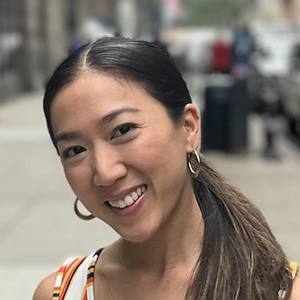
Belinda Chiu, Senior Advisor, Environmental Justice, MOCEJ
Belinda Chiu oversees the implementation of citywide environmental justice (EJNYC) initiatives, including managing an interagency working group and the Environmental Justice Advisory Board to develop NYC’s first Environmental Justice Plan. She has a master’s degree in social and behavioral interventions from Johns Hopkins Bloomberg School of Public Health and a B.A. in psychology from the Macaulay Honors Program and Baruch College.
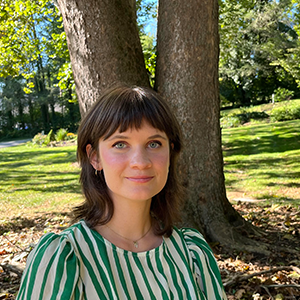
Hayley Elszasz, Climate Science Advisor, MOCEJ
Hayley Elszasz oversees MOCEJ’s academic partnerships — including the New York City Panel on Climate Change, FloodNet, and the Vulnerability, Impacts, and Adaptation Study – and helps integrate the latest climate science into City policy. Hayley received her PhD in politics from the University of Virginia, where she wrote her dissertation on the role of city governments and community organizations in advancing climate mitigation policy. She also has a BA in political science from Williams College.
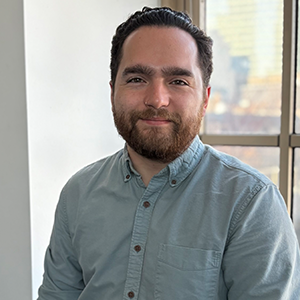
Carlos Piedad, Policy Advisor, Environmental Justice, MOCEJ
As a member of MOCEJ’s Environmental Justice team, Carlos Piedad manages the EJNYC Mapping Tool and supports the implementation of the EJNYC Initiative, along with other efforts related to community resiliency planning and energy insecurity. He has a B.A. in environmental policy from Union College and is currently pursuing a master’s degree in urban planning at Hunter College.
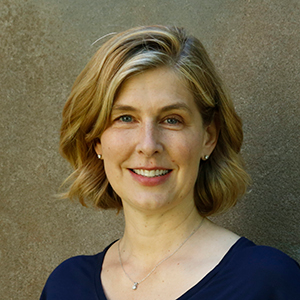
Suzanne Charles, Associate Professor, City and Regional Planning; Director, Graduate Studies, Real Estate; Cornell University
Suzanne Charles’ teaching and research examine physical, social, and economic changes in older inner-ring suburban neighborhoods. In particular, her research addresses infill redevelopment and mansionization, the financialization of housing, and single-family rental housing (SFR). Dr. Charles’s research has received grants from the U.S. Department of Housing and Urban Development, Harvard University’s Joint Center for Housing Studies, the Institute for the Social Sciences at Cornell, and the President’s Council of Cornell Women.
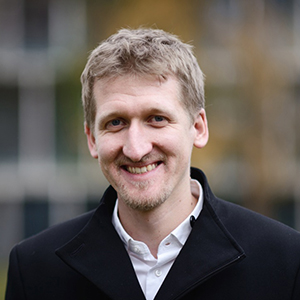
Felix Heisel, Assistant Professor, Architecture, Cornell University
Felix Heisel is an assistant professor of architecture and the director of the Circular Construction Lab. He is a faculty fellow at the Cornell Atkinson Center for Sustainability and a graduate field member in architecture, systems engineering, and matter design computation. Heisel is a licensed architect in Germany and partner of 2hs Architekten und Ingenieur PartGmbB, an office specializing in the development of circular prototypologies. Heisel’s scholarship focuses on a systemic redesign of the built environment as a material depot of endless use and reconfiguration.
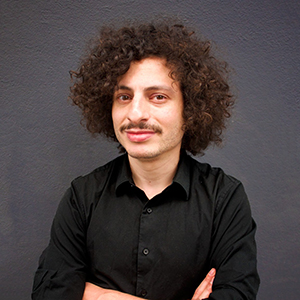
Farzin Lotfi-Jam, Assistant Professor, Architecture, Cornell University
Farzin Lotfi-Jam is an architect whose work explores the politics of technology and cities. He directs the Realtime Urbanism Lab, which uses and invents new spatial media and technologies to visualize and simulate how algorithms, models, and notions of ”real time” govern urban life. He is also director of Farzin Farzin, an interdisciplinary design studio working across architecture, urbanism, computation, and media. From modeling the control matrices of smart cities to spatializing the cultural logics of social media, his individual and collaborative projects are research based and multimediatic.
Use Data to Tackle Energy Security and Extreme Heat
A shocking 30% of New Yorkers experience energy insecurity — meaning that they are unable to meet basic household energy needs, such as keeping their apartment cool during hot weather. Research shows that households with elderly, Black and Latino households, recent immigrants, and households with children all have disproportionately high rates of energy insecurity. So do renters when compared with homeowners. As climate change brings more frequent and severe heat events, these households are at particular risk of adverse health impacts. In this session, participants will learn how to use the Environmental Health and Health Data portal to obtain neighborhood-level data that can inform policymaking and advocacy to address energy insecurity and urban heat risks.
Session Leaders
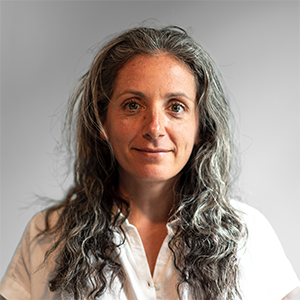
Laura Bozzi, Senior Director of Environmental Health Policy, NYC Health Department
Laura Bozzi leads work to integrate health equity into climate policy at the city and state levels. She also oversees the Health Department’s Climate Health Task Force, which is charged with integrating climate change across the agency’s portfolio. She previously held climate and health positions at the Yale Center on Climate Change and Health and the Rhode Island Department of Health. Her professional background also includes environmental litigation in Appalachia, urban agriculture in New England, and fisheries in the Pacific Northwest.
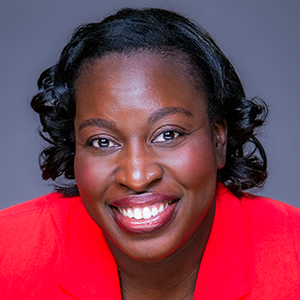
Lauren Smalls-Mantey, Senior Environmental Systems Analyst, NYC Dept. of Health
Lauren Smalls-Mantey has more than a decade of experience in the public and private sector, exploring connections between climate, health, equity, and policy. Previously, as part of NYC Parks, she served as the Urban Heat Resilience Project Manager for the Cool Neighborhoods Initiative. She has an M.S. in environmental science and a Ph.D. in environmental engineering from Drexel University, with a focus on climate change adaptation and mitigation and water resources.
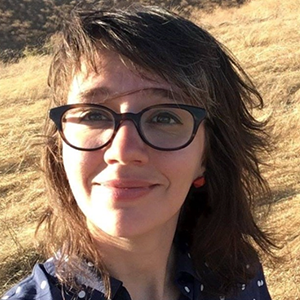
Emily Torem, Health Content Manager, NYC Dept. of Health
Emily Torem has worked in the Bureau of Environmental Surveillance and Policy since 2023, developing content about environments and health through an equity lens. She uses evidence-based communications tools to disperse information about responding to environmental, health, and climate challenges. She was previously a Health Working Group fellow on the New York City Panel on Climate Change (NPCC). She has an M.A. in climate and society from Columbia University.
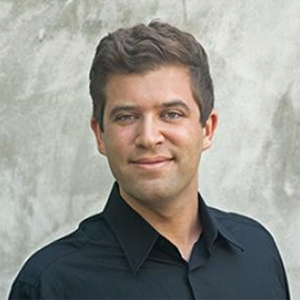
Timur Dogan, Associate Professor, Architecture, Design Tech, Cornell University
Timur Dogan is the director of the M.Arch. program and the Environmental Systems Lab. His research aims to accelerate building decarbonization through educational programming and strategic research at the intersection of design, computer science, building performance simulation, and urban geospatial analysis. The Environmental Systems Lab has created widely used tools such as urbano.io, eddy3d.com, patented algorithms, and building component prototypes.
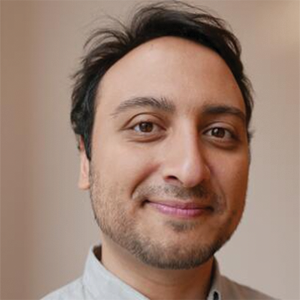
Luis Ortiz Uriarte, Assistant Professor, Department of Atmospheric, Oceanic, and Earth Sciences, George Mason University
Luis Ortiz Uriarte’s work centers around urban land-atmosphere interactions and their consequences on the environment, infrastructure, and people. He also co-leads the Virginia Climate Center, a climate extension service for the Commonwealth of Virginia. He previously worked at the Urban Systems Lab at The New School from 2018 to 2021 on socioeconomic impacts of climate change in cities across the Americas. Before joining George Mason University in 2022, Luis completed an appointment with the Office of the US Secretary of Transportation, where he worked on climate policy, environmental justice, and environmental permitting transparency.
Examine Climate Budgeting in NYC
Climate budgeting is a governance process to ensure that climate considerations are included across the board in decision-making. The New York City Mayor’s Office of Management and Budgeting (OMB) leads this effort, developing tools and analysis of greenhouse gas emissions, heat, and flood adaptation; assessing investments for alignment with climate goals; and enhancing climate data collection for projects. Participants in this interactive session will learn about the climate budgeting initiative, and how the tools developed by this team help decision-makers identify and address needs. Participants will get a preview of this year’s report before it is released in upcoming weeks, and the OMB team will solicit participant input on priorities going forward.
Session Leaders
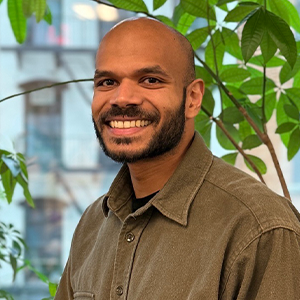
Shawn Inshan, Senior Analyst, Environmental Sustainability & Resiliency Task Force, NYC OMB
Shawn Inshan is an environmental planner and climate policy expert working on climate resiliency and geographic information systems (GIS) and contributing to the City’s Climate Budgeting Initiative. He previously researched heat pump adaption rates for homeowners and urban street corridor redevelopment across New York’s Southern Tier. He has an M.S. in sustainable communities and a B.A. in environmental and urban planning from Binghamton University.
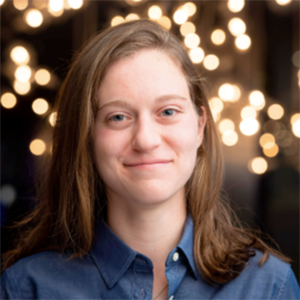
Mallory Rutigliano, Supervising Analyst, Environmental Sustainability & Resiliency Task Force, NYC OMB
Mallory Rutigliano is a sustainability expert who works on climate resiliency, contributing to the City’s Climate Budgeting Initiative. She is also the vice chair of the New York chapter of the Sierra Club. She previously conducted sustainable finance research at BloombergNEF on topics such as fossil fuel divestment and green bonds, and also has a background in behavioral health research. She is currently a doctoral fellow in public and urban policy at The New School, focusing on urban environmental and food systems.
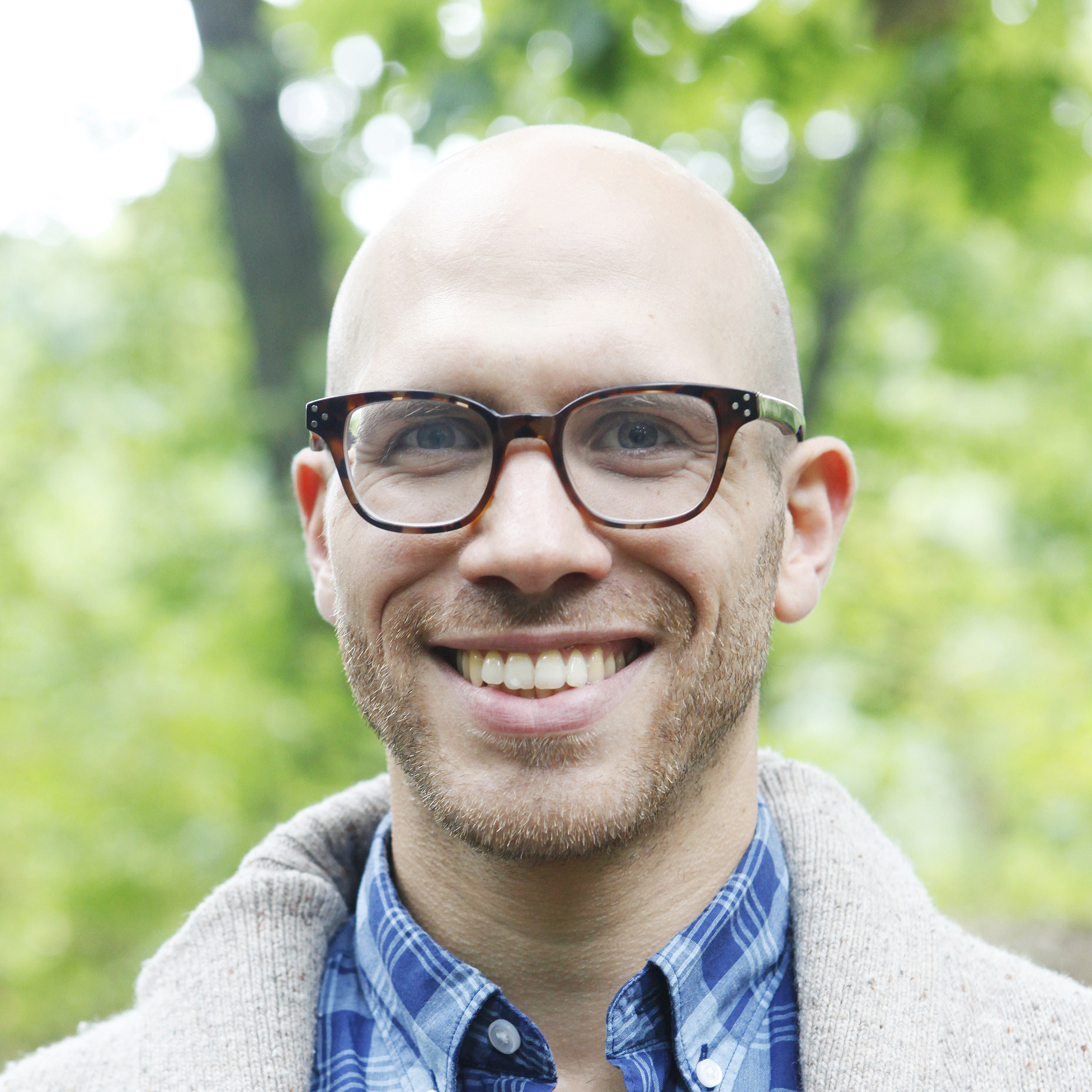
Nicholas Klein, Associate Professor, City and Regional Planning, Cornell University
Nicholas Klein’s research contributes to two central areas of transportation planning: understanding the factors that influence how people travel on a daily basis and how these changes play out over the course of their lives. His work focuses on marginalized populations and neighborhoods that use transit, walk, and bike at high rates. By studying factors that influence how people in these communities travel on a daily basis and how their travel evolves over many years, his work offers new perspectives for planners, policymakers, and researchers on issues of equity and sustainability in transportation.
The Future of Environmental Stewardship and STEW-MAP 2027
Across New York City and nationwide, people work together to care for their neighborhoods: planting and caring for trees, sharing gardens, cleaning up litter, and helping build healthier and more resilient landscapes. The Stewardship Mapping and Assessment Project (STEW-MAP) pinpoints where civic groups and their networks are improving their surroundings and helps decision-makers find partners and identify gaps in civil society coverage. It is thus a valuable resource for visualizing the city’s capacity for care and adapting to disturbance. Maps were created in 2007 and 2017, and the team is now seeking input for the next round, to be released in 2027. This interactive workshop will introduce STEW-MAP research questions, methodology, and applications, with opportunities for group discussion and input. Continuing the dataset enables temporal analysis and an up-to-date measure of community capacity scalable to multiple geographies: neighborhood, community district, borough, and city.
Session Leaders
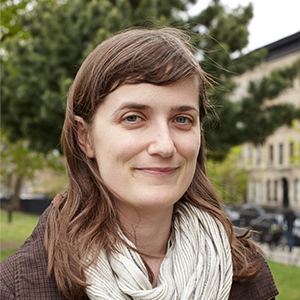
Lindsay K. Campbell, Research Social Scientist, USDA Forest Service, NYC Urban Field Station
dLindsay Campbell’s research explores the dynamics of environmental governance, civic engagement, and national resource stewardship, with an emphasis on environmental and social justice. She is co-lead of STEW-MAP, which maps the social networks and spatial territories of environmental stewardship groups. She also co-leads the Urban Field Station Collaborative Arts Program.
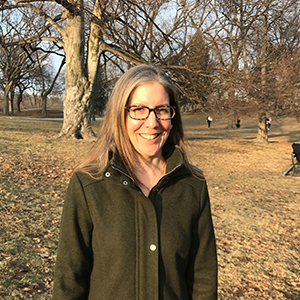
Michelle Johnson, Research Ecologist, USDA Forest Service, NYC Urban Field Station
Michelle Johnson’s research focuses on human-environment relationships in urban systems, applying methods from social science, ecology, and geography. Her current research covers civic environmental stewardship, perceptions of urban green spaces, climate-adapted forestry, and social and environmental drivers of change in urban forest patches. She has led or participated in multiple projects with practitioners and community members.
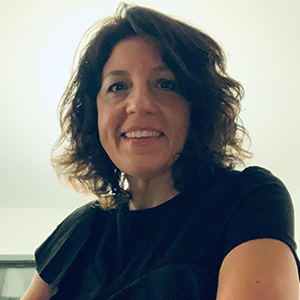
Erika Svendsen, Research Social Scientist, USDA Forest Service, NYC Urban Field Station
Erika Svendsen is the team lead of the Urban Field Station in NYC. Her work centers on the importance of environmental stewardship, urban forestry and collaborative partnerships focused on community wellbeing. She is co-PI of STEW-MAP, a tool to accelerate environmental stewardship by promoting equity, collaboration, and local capacity-building.
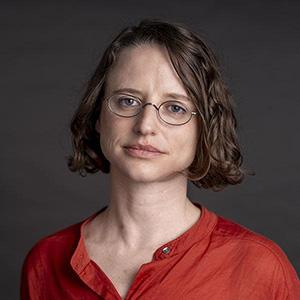
Nataya Friedan, Postdoctoral Associate in Urban Climate Mitigation and Adaptation, Cornell Mui Ho Center for Cities
Nataya Friedan is a social anthropologist whose work focuses on climate adaptation and misinformation in North American cities. Her current book project, Selling Swampland to Yankees, is about the political life of scientific evidence in Houston, Texas, an oil industry town experiencing climate change impacts. Her ethnography follows business people, politicians, residents, and activists as they renegotiate the economic concept of externality in the day-to-day process of planning flood infrastructure. Nataya’s research has been supported by the National Science Foundation and the Wenner Gren Foundation.
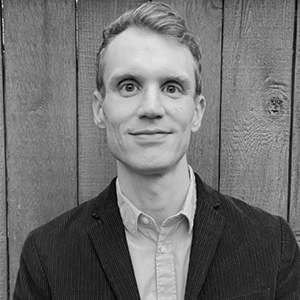
Christopher Kennedy, Associate Director, Urban Systems Lab, The New School; Lecturer, Parsons School of Design
Christopher Kennedy’s work and research explores the social-ecological benefits of urban plant communities and community-based approaches to environmental stewardship and planning. He consults for leading private-sector companies like Google, Samsung, and Saint-Gobain, as well as municipal governments and organizations, to advance environmental planning, climate action strategies, and sustainable infrastructure investment. His expertise informs resilience investments, greenhouse gas and energy monitoring, and the development of data-driven solutions to support climate adaptation and mitigation efforts.
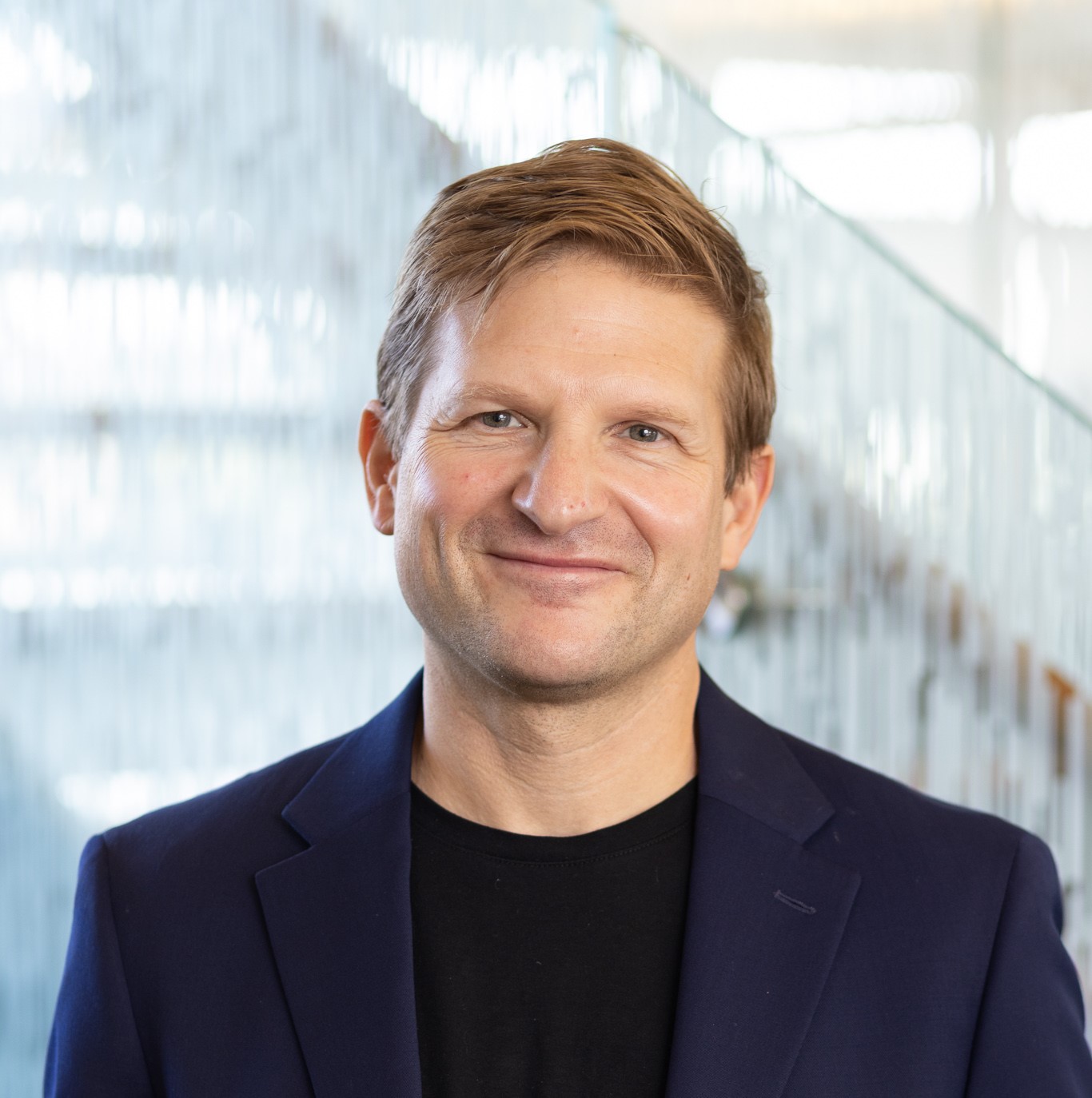
Josh Cerra, Associate Professor and Chair, Department of Landscape Architecture, Cornell University
Josh Cerra is principal investigator of the Climate-adaptive Design studio program with the New York State Department of Environmental Conservation, and co-PI for the Climate Change Garden installation on the Cornell campus. His work investigates relationships between urban ecosystems, communities, and site development processes, and their implications for climate-adaptive design and urban ecological design. His studio-based efforts have received awards from the national American Society of Landscape Architects, the Council of Educators in Landscape Architecture, and Cornell.
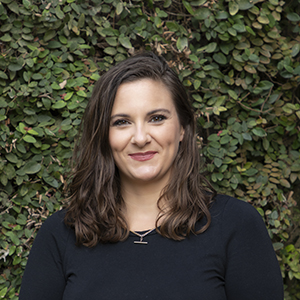
Joanna Kocsis, Visiting Lecturer, City and Regional Planning, Cornell University
Joanna Kocsis is an activist scholar whose community-engaged research explores epistemological injustice in the field of planning. Her work examines how creative practice can be used to build socially just and sustainable cities. Joanna uses art-based research methods to examine the contemporary transformations of urban space that result from the economic and social restructuring of communities impoverished by globalization. Joanna held Research Award positions at Canada’s International Development Research Centre in 2012 (Innovation for Inclusive Development) and 2014 (Policy, Strategy and Evaluation) and served as the Learning and Evaluation Specialist for the Urban Climate Resilience in Southeast Asia Partnership from 2014-2020.
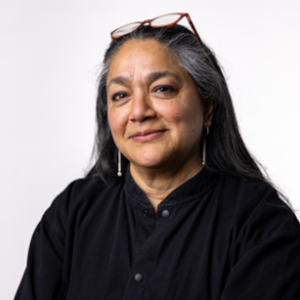
Neema Kudva, Professor, City and Regional Planning; Senior Associate Dean for Academic Affairs, Cornell University
Neema Kudva’s research focuses on small cities and their regions and on institutional structures for equitable planning and development. She has explored various aspects of these issues, primarily in South Asia but also in the U.S. and across the world, with students. She is involved in pedagogical experiments around citizenship and sustainability planning and is faculty lead for the Nilgiris Field Learning Center, Kotagiri, a transdisciplinary engaged collaboration between Cornell and the Keystone Foundation, India. Prior to joining Cornell in 2001, Kudva worked as a consultant to public planning agencies in the San Francisco Bay area, as well as as an architect in India and Europe.
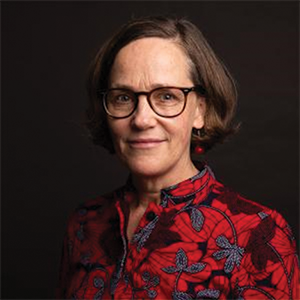
Sophie Oldfield, Professor and Chair, City and Regional Planning, Cornell University
Sophie Oldfield is affiliated with the African Centre for Cities at the University of Cape Town, South Africa. Her research focuses on urbanism in the Global South, including housing, informality, and governance. Passionate about fieldwork, theory, and practice, Oldfield’s work is grounded in empirical and epistemological questions to engage debates on informality, planning, and governance in African cities. She has a track record of excellence in collaborative research practice and engaged research.
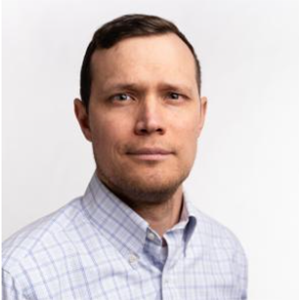
Benjamin Wilde, Program and Research Coordinator, Cornell Mui Ho Center for Cities
Ben Wilde manages the Mui Ho Center for Cities’ initiatives, including developing scopes of work, planning and managing resources, setting milestones and deadlines, developing systems of monitoring and evaluation, and managing relationships with strategic partners. He also contributes to research, including proposal development, literature reviews, data collection, analysis, and dissemination of the findings. Before joining the Center, he spent 10 years at ETH Zurich, working as a laboratory technician, doctoral candidate, and postdoctoral researcher.
Speakers
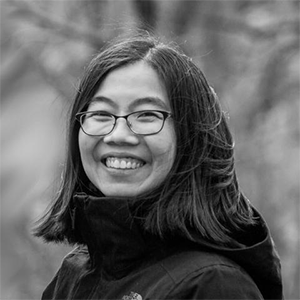
Novem Auyeung, Director of Research & Monitoring, Division of Environment & Planning, NYC Parks
Novem Auyeung and her team monitor and assess natural resources in New York City parks; advise on their protection and conservation; manage the NYC Parks Research Permits Program; and use research and data to inform natural resources management. She is also part of the NYC Urban Field Station, a collaboration with the USDA Forest Service and the Natural Areas Conservancy that fosters knowledge coproduction across disciplines, connecting research and implementation. Her own research has examined the outcomes of urban forest and wetland restorations and the socio-ecological benefits of urban green and blue spaces, among others.
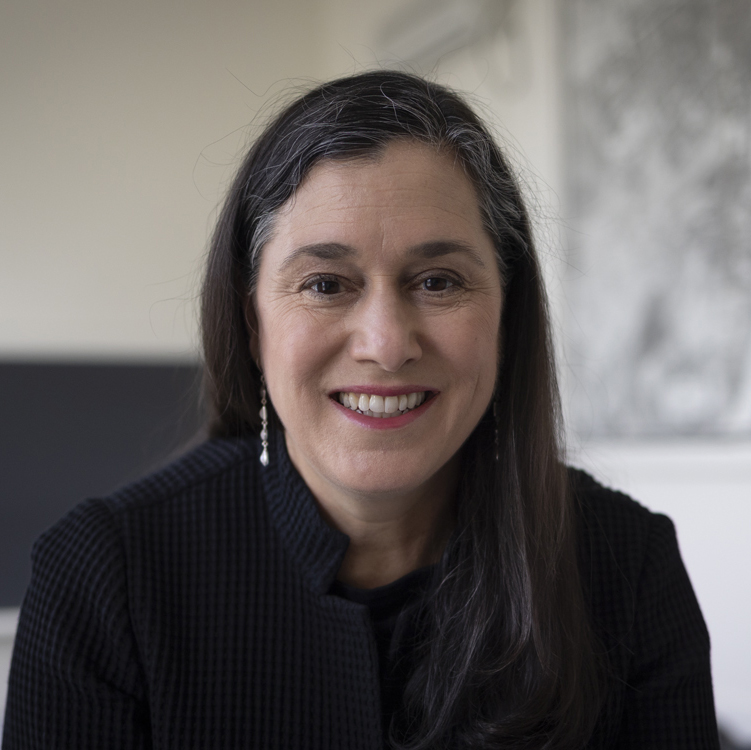
Victoria A. Beard, Director, Mui Ho Center for Cities and Professor of City and Regional Planning, Cornell University
Victoria A. Beard’s research focuses on how planners address urban inequality and poverty, including how underserved communities plan for themselves. She also focuses on access to core urban services, equity, sustainability, and how broader processes create and sustain citywide transformation. From 2015 to 2017, Beard served as director of research for the Ross Center for Cities at the World Resources Institute. Over the past 20 years, she has worked for the World Bank, the Asian Development Bank, AusAID, Mercy Corps, the Research Triangle Institute, and RAND.a
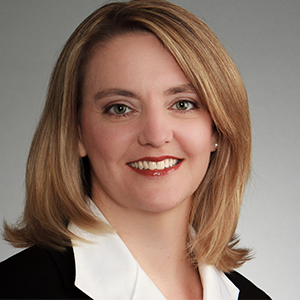
Kristen Bowman Kavanagh, Executive Director, Delaware River Basin
Kristen Bowman Kavanagh is responsible for developing and implementing plans, policies, and projects adopted by the five-member DRBC. She previously served as the DRBC’s Deputy Executive Director, leading a team of scientists, engineers, and planners whose work included developing a Climate Resilience Plan. Prior to joining the DRBC in 2019, she served as president and Principal Engineer at a specialty engineering consulting firm, where she held significant technical roles in hydrodynamic and water quality modeling studies of reservoirs, rivers, and coastal ocean areas for use in adaptive management plans, spill response plans, and long-term planning and operations.d

Laura Bozzi, Senior Director of Environmental Health Policy, NYC Health Department
Laura Bozzi leads work to integrate health equity into climate policy at the city and state levels. She also oversees the Health Department’s Climate Health Task Force, which is charged with integrating climate change across the agency’s portfolio. She previously held climate and health positions at the Yale Center on Climate Change and Health and the Rhode Island Department of Health. Her professional background also includes environmental litigation in Appalachia, urban agriculture in New England, and fisheries in the Pacific Northwest.i
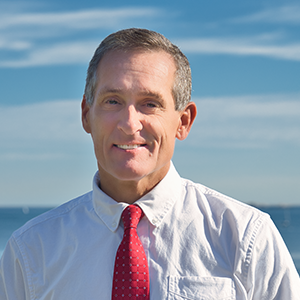
Michael Cahill, Mayor, Beverly, Massachusetts
Michael Cahill has served as mayor of Beverly, Mass., a coastal city of about 43,000 people where he was born and raised, since 2014. A former teacher, lawyer, and state legislator, he has prioritized quality of life during his administration and strongly supported climate action. In 2021, the U.S. Conference of Mayors awarded him top honors for Beverly’s climate mitigation efforts – in particular, converting its vehicle fleet to electric and improving the energy efficiency of schools and other buildings. He is a member of the Steering Committee of the U.S. Climate Mayors.n
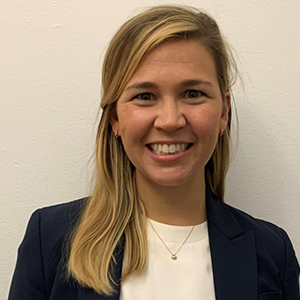
Bridget Carle, Senior Vice President, Public Sector Practice, Guy Carpenter
Bridget Carle forges partnerships with public entities and designs risk transfer solutions to alleviate financial exposures related to extreme weather and natural hazards. She works across North America at the federal, state/provincial, and municipal levels, including leading the development of community-based catastrophe insurance programs for at-risk communities. Prior to joining Guy Carpenter, she worked at Swiss Re, where she helped to create and implement dozens of innovative risk transfer solutions, including the world’s first pandemic bond and extreme weather coverages for more than 16 Caribbean and Central American countries.
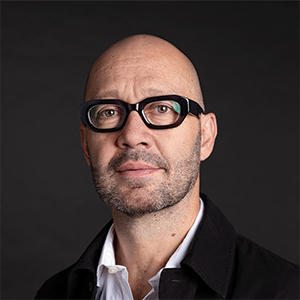
Jose Castillo, Chair, Department of Architecture, Cornell University
Jose Castillo is the Chair of the Department of Architecture at Cornell’s College of Architecture, Art, and Planning and founding principal alongside Saidee Springall of a|911, a practice based in Mexico City. He holds a degree in architecture from the Iberoamericana University in Mexico City and a Master’s and a Doctor of Design degree from Harvard University’s Graduate School of Design. His work includes research, cultural, institutional, housing, mobility projects, urban design, and planning work in various cities in Mexico and Central America. a|911 is currently involved in large-scale master plans, including the Tacubaya and San Lázaro transportation hubs and multi-family housing projects designed in partnership with Productora.
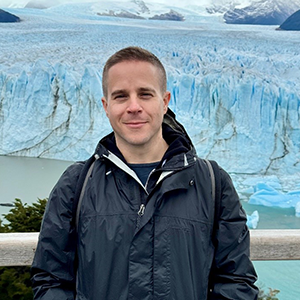
Alan Cohn, Senior Policy and Science Advisor to the Deputy Commissioner of Sustainability, NYC Department of Environmental Protection
Alan Cohn focuses on preparing water systems for climate change and population growth, using partnerships and financial incentives to protect communities and optimize infrastructure. He represents New York City as the Staff Chair of the Water Utility Climate Alliance, which brings together 12 of the largest water providers in the U.S. to collaborate on climate issues. He also cofacilitated Rainproof NYC, a working group of public, nonprofit, and private organizations to develop shared solutions to equitably reduce the risk from heavy rain and add value to communities.
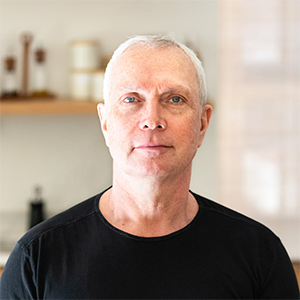
Richard A. Cook, Founding Partner, COOKFOX Architects
Rick Cook is an architect known for innovative and sustainable designs in dense urban contexts, including several award-winning projects in New York City. He cofounded COOKFOX in 2003 with a vision for transformative designs that combine beauty with high standards of sustainability. The firm’s work includes four LEED Platinum projects in the city. Cook was also the design architect for an award-winning neighborhood redevelopment in the South Street Seaport Historic District. He is often invited to speak internationally, focusing on low-impact design that connects humans with the natural world.
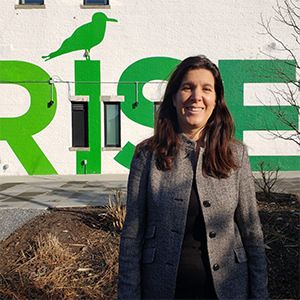
Jeanne DuPont, Founder and Executive Director, RISE (Rockaway Initiative for Sustainability and Equity)
Jeanne DuPont has worked closely with the Rockaway community and city agencies since 2005, devising strategies to redevelop large stretches of underutilized public land for the good of the community. Much of her work has involved in organizing community members and youth in using outdoor space for programming focused on social equity, health, and environmental justice.
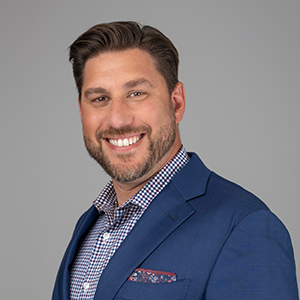
Adam Freed, Principal, Bloomberg Associates
Adam Freed works with mayors on a wide range of sustainability issues, including energy, greenhouse gas mitigation, climate resilience, housing affordability, green infrastructure, air quality, and solid waste. He was previously Deputy Managing Director of The Nature Conservancy’s Global Waters Program, working with cites around the world. From 2008-2012, he was Acting and Deputy Director of the Mayor’s Office of Long-Term Planning and Sustainability, implementing PlaNYC, a sustainability plan that added a million trees, created over 240 community playgrounds, expanded green infrastructure, and improved air quality, among other measures.
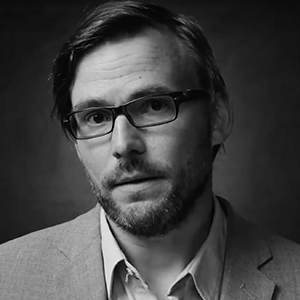
Radley Horton, Professor, Columbia University Climate School
Radley Horton’s research focuses on climate extremes, tail risks, climate impacts, and adaptation. He was a Convening Lead Author for the Third National Climate Assessment, and is the Principal Investigator for the Consortium for Climate Risk in the Urban Northeast. He is also the Columbia University lead for the Megalopolitan Coastal Transformation Hub (MACH) and the Northeast Climate Adaptation Science Center. He has served on numerous national and international task forces and committees and is frequently interviewed by national and international media.
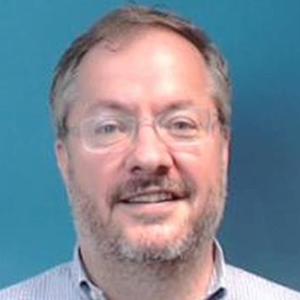
Christopher Jones, Chief Engineer for Distribution Engineering, Con Edison
Christopher Jones and his team manage the technical aspects of the underground and overhead electrical distribution system for New York City and Westchester County, including system design, supervisory control and data acquisition, public safety programs, asset management, and equipment standards and procurement. They are focused on designing a system that can meet the city’s growing needs and be resilient to extreme weather events. Jones has over three decades of experience in this field, at Con Edison and in Australia.
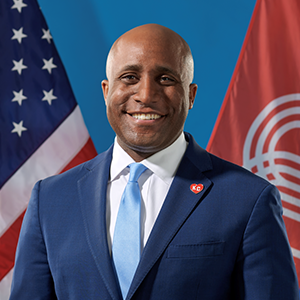
Quinton Lucas, Mayor, Kansas City, Missouri
Quinton Lucas has been mayor of Kansas City since 2019. Born and raised in the city, he has worked to build opportunity for residents at all income levels, including by adopting one of the first zero-fare transit initiatives in the U.S. and creating a Housing Trust Fund to develop thousands of units of affordable housing. He has brought more than $100 million in federal, state, and private grants to improve Kansas City’s infrastructure, public safety, parks, and housing, and promoted the city domestically and internationally. He has a law degree from Cornell University.
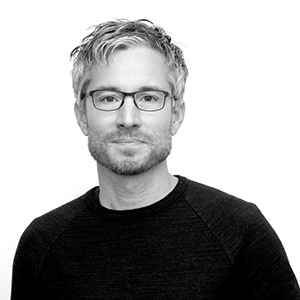
Timon McPhearson, Founding Director, Urban Systems Lab, and Professor of Urban Ecology, The New School
Timon McPhearson takes an interdisciplinary systems approach to advancing urban resilience, equity, and sustainability. He also cochairs the NYC Panel on Climate Change, and he is lead editor of Nature-based Solutions for Cities. His work has been recognized twice with the Ecological Society of America’s Sustainability Science Award, as well as with the Innovation in Sustainability Science Award, and he has been named a NYC Climate Hero. He advises policymakers, corporations, and non-governmental organizations on urban climate risk and resilience, and his research has been covered extensively in the media.
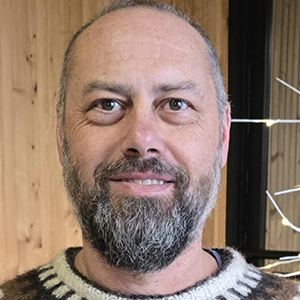
Jerry V. Mead, Chief of Modeling and Analysis, Bureau of Water Supply, NYC Department of Environmental Protection
Jerry Mead leads the team that maintains and advances the DEP’s Operations Support Tool and conducts research no topics impacting the water supply, such as climate change and the management of disinfection byproducts. A systems ecologist, he formalizes knowledge about the disruption, development, and dynamics of ecosystems using field data, systems analysis, and simulation modeling. He applies his multidisciplinary approach to biophysical economics. Before joining the DEP, he was a research and teaching professor at Drexel University.
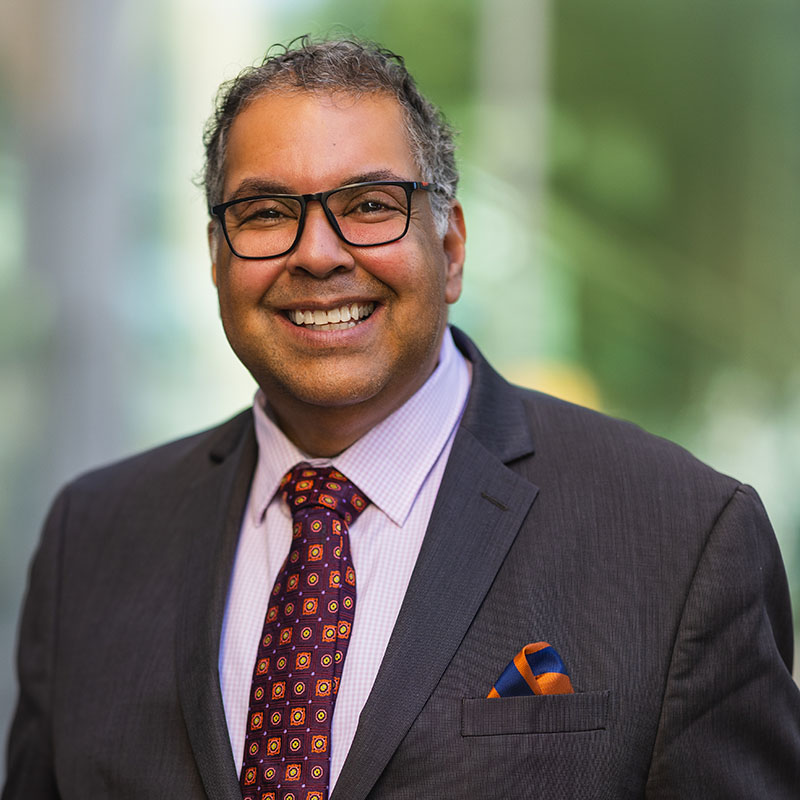
Naheed Nenshi, Former Mayor, Calgary, Alberta
Naheed Nenshi served as mayor of Calgary for three terms, from 2010 to 2021, leading the city through a time of significant growth, but also several emergencies, including devastating floods in 2013, major storms, and the COVID-19 pandemic. During his tenure, Calgary was named the world’s third-most livable city by the Economist Intelligence Unit. He presided over major investments in infrastructure and quality of life improvements, including transit, recreation centers, and a new Central Library. After choosing not to seek reelection in 2021, he returned to politics in 2024, when he was elected as leader of the Alberta New Democratic Party (NDP).
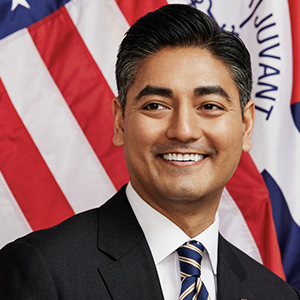
Aftab Pureval, Mayor, Cincinnati, Ohio
Aftab Pureval has been mayor of Cincinnati since 2022. A child of immigrants, he is the city’s first Asian-American mayor. He has made equitable economic growth a top priority of his administration, as well as a comprehensive reform and improvement of public safety, affordable housing, and environmental action. He previously served as Hamilton County Clerk of Courts from 2016 to 2021, modernizing the office and adopting progressive workplace policies. He has a law degree from the University of Cincinnati.
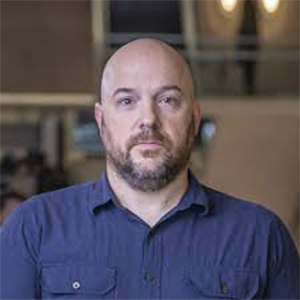
Andrew Rumbach, Senior Fellow and Co-Lead, Climate and Communities Program, Urban Institute
Andrew Rumbach is a leading expert on planning and policy-making for disaster and climate change impacts in the United States. His areas of emphasis include affordable housing, zoning and land use planning, and long-term disaster recovery. He has published widely in peer-reviewed journals and sits on the editorial boards of the Journal of the American Planning Association and the Journal of Planning Literature. Before joining the Urban Institute in 2023, he was a tenured professor of urban planning at Texas A&M University. He has a Ph.D. and an MRP in city and regional planning from Cornell University.
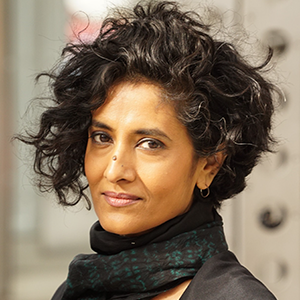
Somini Sengupta, International Climate Reporter, New York Times
A veteran international correspondent, Somini Sengupta writes about people coping with life on a hotter Earth, with particular attention to the world’s poorest, and about adaptation efforts. She has led New York Times coverage of West Africa and South Asia, worked in more than 50 countries, covered international diplomacy, and has been the lead writer of the Climate Forward newsletter. She has received a George Polk Award for international reporting as well as awards from the National Press Club, the National Association of Black Journalists, and the Newswomen’s Club of New York.
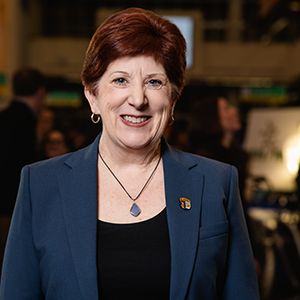
Kathy Sheehan, Mayor, Albany, New York
Kathy Sheehan has been mayor of Albany since 2014, and previously served as city treasurer. She has dedicated her mayoral administration to creating a city of opportunity, leading with a commitment to equity and responsive government that includes diverse community voices. Under her leadership, Albany has invested over $100 million in new parks, streets, sidewalks, and water and sewer infrastructure. She has also led sustainability efforts, including purchasing and converting streetlights to improve safety and reduce energy usage; installing EV charging stations; and planting more than 2,500 trees.
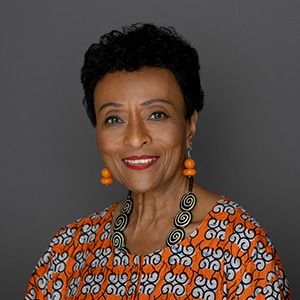
Peggy Shepard, Cofounder and Executive Director, WE ACT for Environmental Justice
Peggy Shepard has a long history of organizing and engaging Northern Manhattan residents in community-based planning and campaigns for environmental justice. She has successfully combined grassroots organizing, environmental advocacy, and community-based participatory research to become a national leader in promoting environmental justice in urban communities — to ensure that the right to a clean, healthy, and sustainable environment extends to all. She was the first cochair of the White House Environmental Justice Advisory Council, and currently chairs the New York City Environmental Justice Advisory Board. Her work has received broad recognition and awards.
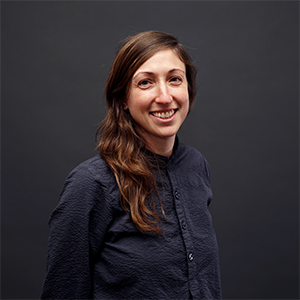
Andrea Silverman, Associate Professor of Environmental Engineering, New York University
Andrea Silverman is a faculty member of the NYU Tandon School of Engineering and is also affiliated with NYU’s Center for Urban Science and Progress. Her research is centered on water quality, wastewater treatment, and urban flooding, with an overarching goal to protect public health and environmental quality. In addition, she works on applied research in urban settings, collaborating with government agencies and community-based organizations. She codirects FloodNet, a project that aims to design, build, and deploy low-cost sensors to measure and report urban flooding in real time and at the hyperlocal scale.
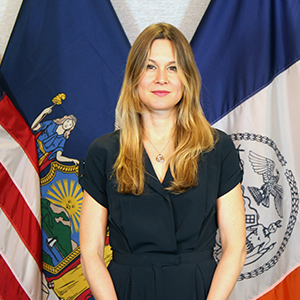
Melissa Umberger, Assistant Commissioner, Resiliency and Recovery Division, NYC Emergency Management
Melissa Umberger and her team work to mitigate hazards and increase resilience through planning, analysis, implementation, and operations. This includes maximizing Federal Emergency Management Agency funding to the City to recover and build back stronger after a disaster. The team also conducts data analysis and creates decision-making tools, including the forthcoming NYC Urban Risk Index, to enhance understanding of risk and prepare for future emergency events. She previously led the development of the City’s 2019 Hazard Mitigation Plan update and NYC’s Risk Landscape: A Guide to Hazard Mitigation. She also led the interagency coordination and data analysis for COVID-19, Post-Tropical Cyclone Ida recovery, and the September 2023 severe flooding event.
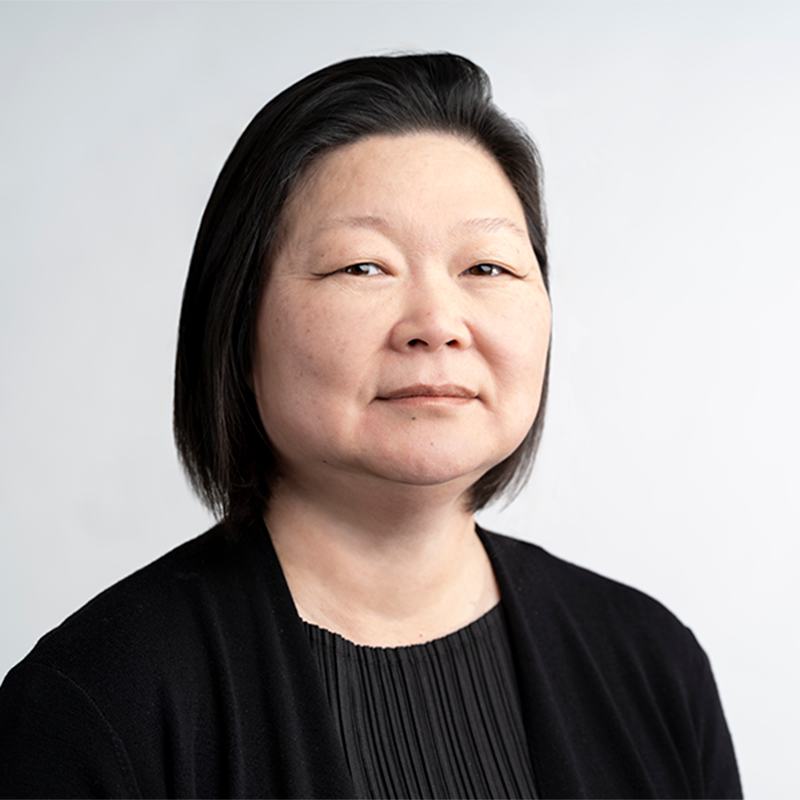
J. Meejin Yoon, Gale and Ira Drukier Dean of Architecture, Art, and Planning
J. Meejin Yoon is the Dean of the College of Architecture, Art, and Planning at Cornell University and cofounding partner of Höweler + Yoon. An architect, designer, and educator, Yoon is committed to advancing creative and critical practices, pedagogies, scholarship, and research to address the many urgent environmental and social challenges we face in our cities and communities. Yoon’s design research examines the intersections between architecture, urbanism, technology, and the public realm.
Materials
Plans
Flooding
- Climate Change and New York City’s Flood Risk, New York City Panel on Climate Change (NPCC)
- Flood Risk and the Tristate Housing Market, Federal Reserve Bank of New York
- Flood Risk and Basement Housing Brief, Federal Reserve Bank of New York
- NYC FloodNet, CUNY, NYU, NYC
- Press Release: MOCEJ and CNYCN Launch Innovative Pilot to Address Flooding, MOCEJ
Extreme Heat
- Cool Neighborhoods NYC, MOCEJ
- Extreme Heat, NYC Mayor’s Office of Climate and Environmental Justice (MOCEJ)
- Heat-Related Risks, Air Pollution, and Social Vulnerability in New York City, New York City Environmental Justice Alliance
Drought, Regional Water Resources, and Municipal Water Supply
- In the last century, Pennsylvania and New Jersey battled New York City to control water from the Delaware River, Grid Magazine
- Public Water: A Story About the NYC Drinking Watershed, Mary Mattingly
- State of the Basin, 2019, Delaware River Basin Commission
- Water Supply, NYC Department of Environmental Protection (DEP)
Environmental Justice
- A Study of Environmental Justice Issues in New York City, MOCEJ
- Climate Strong Communities, MOCEJ
- New York City Climate Justice Agenda, 2024-2025, New York City Environmental Justice Alliance
Climate Change Reports
- Civic-Led Urban Adaptation Research Center (CIVIC-UARC) Workshop Reports
- NYC NPCC4 Reports
- Climate Risk and Equity – Advancing Knowledge Toward a Sustainable Future
- New York City Climate Risk Information 2022 – Observations and Projections
- Tail Risk, Climate Drivers of Extreme Heat, and New Methods for Extreme Event Projections
- Advancing Climate Justice in Climate Adaptation Strategies for New York City
- Climate Change and New York City’s Flood Risk
- Climate Change and New York City’s Health Risk
- Climate Change, Energy, and Energy Insecurity in New York City
- Concepts and Tools for Envisioning New York City’s Futures
- Climate Risk and Equity – Advancing Knowledge Toward a Sustainable Future I Conclusions
- NYC Town+Gown Climate Vulnerability, Impact, and Adaptation (VIA) Analysis Final Report, 2024, NYC Town+Gown
Mapping Tools
- EJNYC Mapping Tool, MOCEJ
- NYC Flood Hazard Mapper, NYC Planning
- NYC Flood Vulnerability Index, Urban Systems Lab/NYC Open Data
- NYC Heat Vulnerability Index, NYC Department of Health and Mental Hygiene
- Stewardship Mapping Project, USDA Forest Service
Climate Budgeting
- New York City Climate Budget, NYC Mayor’s Office of Management and Budget
Featured Civil Society Organizations
